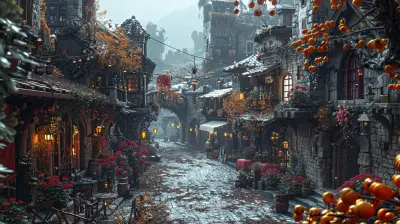How Expansions Can Breathe New Life into Old Games
13 October 2025
Let’s be honest—sometimes, a game you once adored ends up collecting digital dust. You’ve done all the quests, maxed out your gear, and maybe even memorized the map tighter than your hometown streets. But then… BAM! A new expansion drops, and suddenly, you're sucked right back in like you never left. Ever wondered why that happens?
Welcome to the magical world of expansions—those game-changing (literally) add-ons that developers drop when you least expect it. These aren't just some bonus missions or cosmetic updates. Nah, we’re talking about full-blown content injections that can make an old game feel brand spanking new.
In this article, we’re diving deep into how expansions can resurrect aging titles, reignite player engagement, and turn "been there, done that" into "heck yeah, let’s go again!"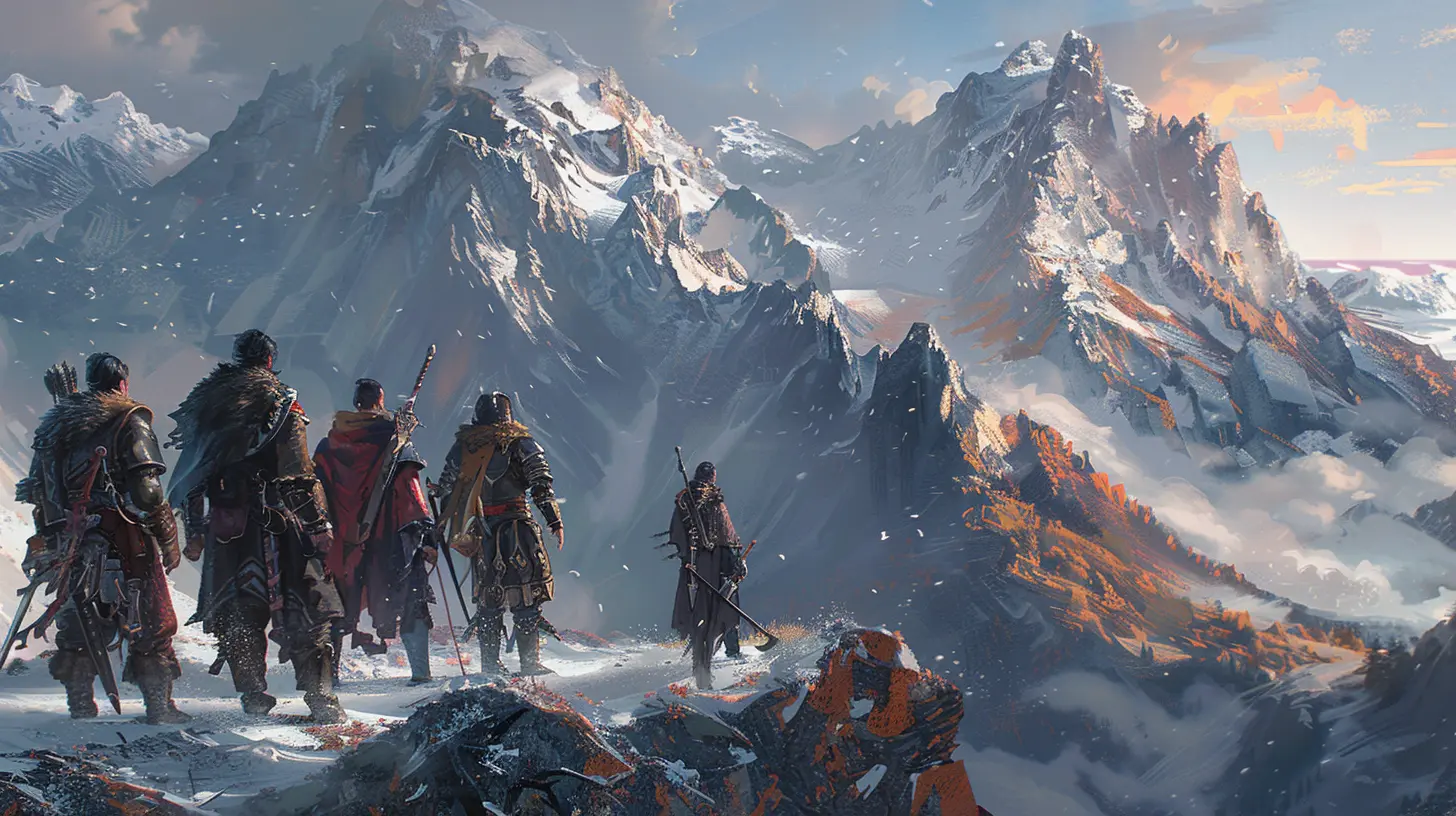
What Exactly is a Game Expansion?
Okay, let’s get the jargon out of the way first. A game expansion is additional content that builds on the base game. Unlike simple updates or patches, expansions usually bring something substantial—new maps, storylines, characters, gameplay mechanics, modes, and sometimes even whole new worlds.Think of it as adding a new season to your favorite TV show. Same beloved characters, but new drama, intrigue, and plot twists.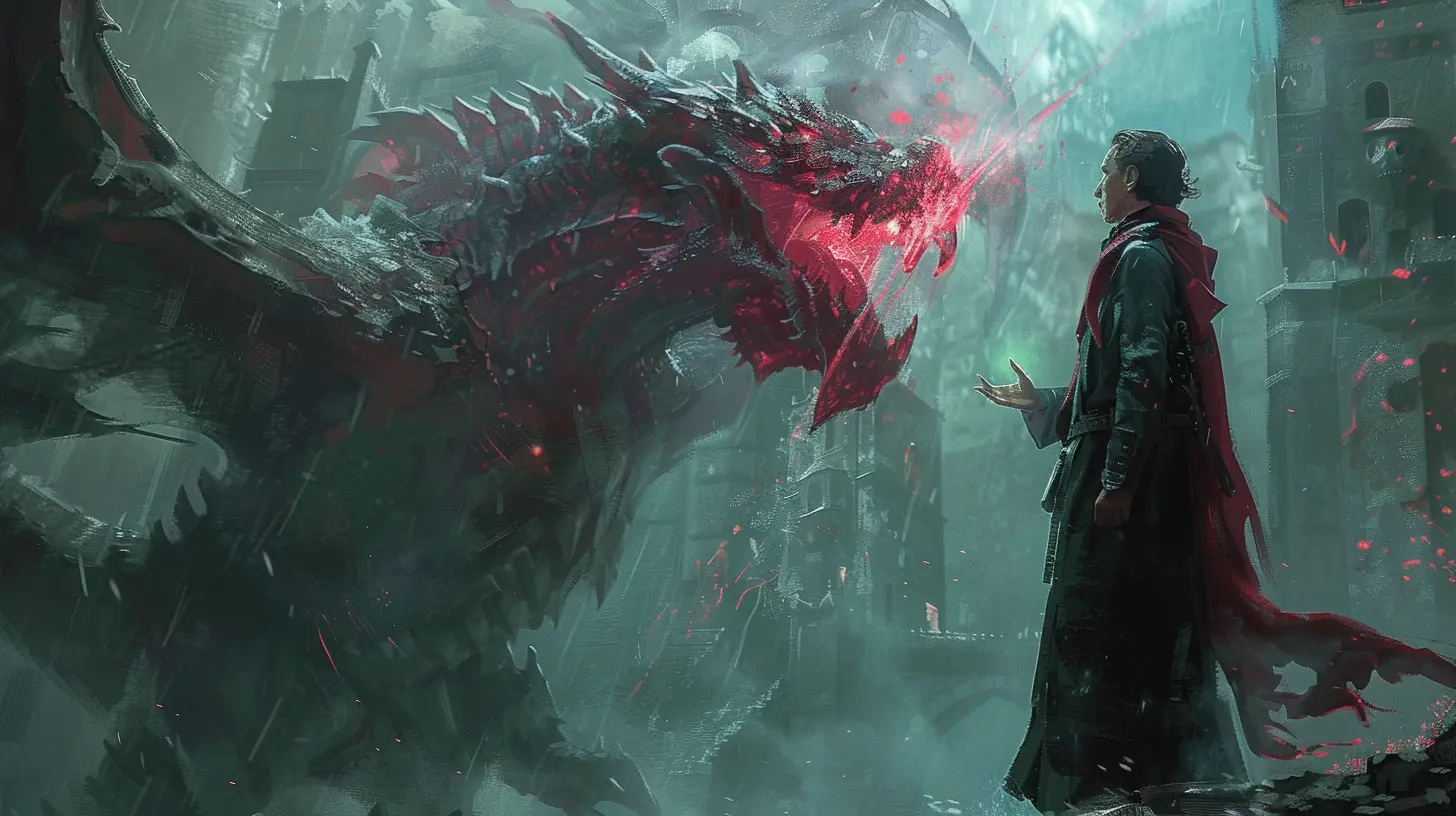
Why Games Inevitably Age
Even the best titles out there, from AAA blockbusters to beloved indie gems, eventually start to feel dated. And it’s not always about graphics. Games grow stale for a bunch of reasons:- Repetitive gameplay: You’ve done the same missions a dozen times.
- Lack of new content: Once you've completed everything, what's left?
- Evolving player expectations: Players change, trends shift.
- New competition: Fresh titles drop all the time, stealing attention.
Games are like relationships. If you don’t keep things spicy, people might stray.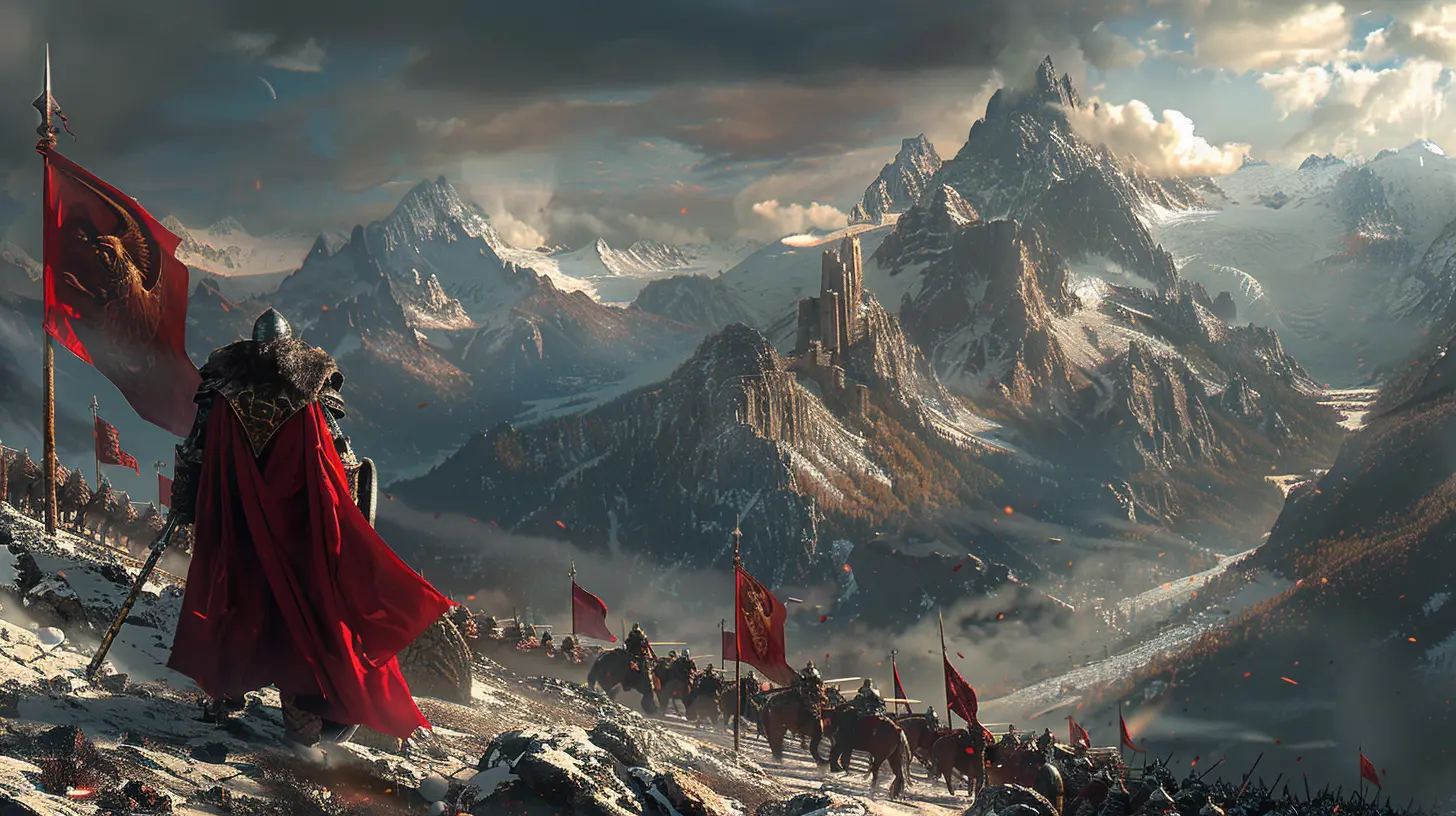
How Expansions Inject Fresh Energy into Classics
Here’s where expansions come in like the hero in the third act of a movie. They can magically revive what once felt outdated or overplayed. Let’s break down how they do it.1. New Content = Renewed Curiosity
This one's a no-brainer. New storylines, quests, or characters spark curiosity. Players who drifted away start asking: “What’s this new stuff all about?” And just like that, interest is back on the menu.Take games like The Witcher 3. The base game already felt like a full-course feast, but the expansions—Hearts of Stone and Blood and Wine—added enough content to rival standalone games. They didn’t just extend the story, they enriched the world and deepened the lore.
2. Mechanics Overhauls and Gameplay Tweaks
Sometimes, expansions do more than toss in a few quests. They fine-tune mechanics, re-balance entire systems, or introduce completely new ways to play. It’s like giving your old car a turbo boost and a new paint job—it just feels better.In Destiny 2, for example, multiple expansions have revamped everything from weapons to subclass systems. These changes kept hardcore fans engaged and brought back players who’d lost interest.
3. Expansions Foster Community Resurgence
Online games live and die by their communities. When an expansion drops, players flood back in, leading to active servers, crowded lobbies, and buzzing forums. This kind of activity is infectious. Even if you weren’t planning to dive back in, seeing all the hype might just rope you in.Expansion launches often create “mini-holidays” in gaming communities. New raids? Everyone’s forming clans again. New PvP maps? Time to flex those skills.
4. Expansions Can Make a Game Relevant Again
Sometimes, a game’s been out so long that it’s almost forgotten. But then an expansion arrives, and suddenly it’s back in the gaming spotlight. Reviews are written, streamers are back on Twitch, and the hype train leaves the station once again.Look at No Man’s Sky. After a rocky start, it rolled out expansion after expansion—each one better than the last. Today? It’s praised as one of the most impressive comeback stories in gaming.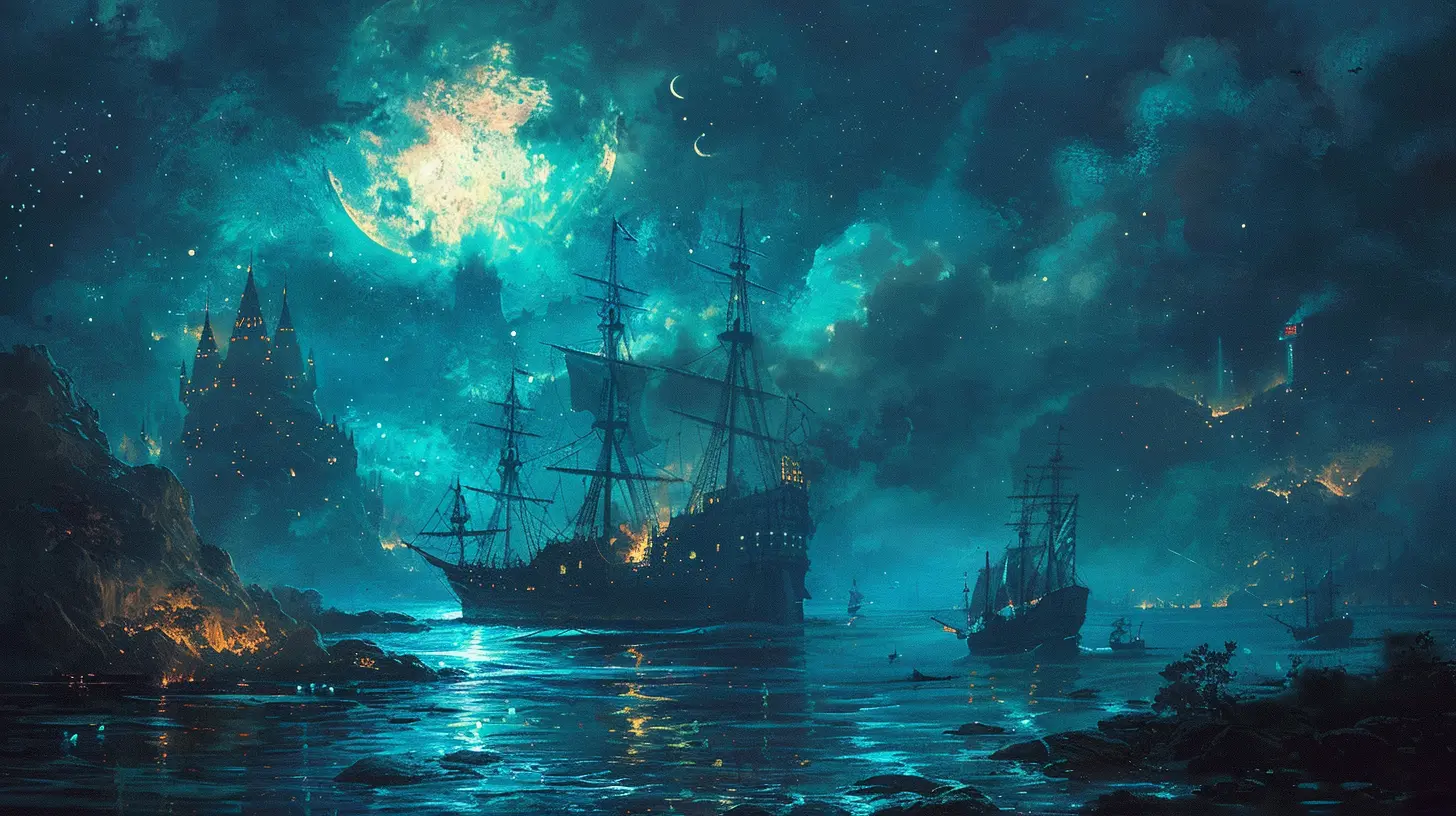
When Done Right, Expansions Can Outshine the Base Game
Here’s the kicker: some expansions are so good, they practically make the original game look like a warm-up.Think World of Warcraft: The Burning Crusade. Many fans argue it brought some of the best content the game has ever seen. Same goes for The Elder Scrolls V: Skyrim – Dragonborn. That DLC brought players back for hours, if not weeks.
A killer expansion doesn’t just extend gameplay—it elevates the entire experience.
The Financial Logic Behind Expansions
Let’s not ignore the business side. Developing a whole new game is expensive and risky. But releasing an expansion? Way cheaper and lower risk. The player base is already there, and they’re hungry for more.Also, expansions can drive sales of the base game. A well-timed DLC launch often pushes bundles, GOTY editions, and re-releases. It’s smart business and great for players who missed the train earlier.
Are Expansions Always a Good Thing?
Short answer? Not always.Sometimes, publishers abuse the concept. They’ll chop content out of the base game just to sell it later as an “expansion.” That’s not breathing life into a game—that’s just holding it hostage.
The key is value. If an expansion genuinely adds meaningful content and enriches gameplay, then it’s a win-win. But if it’s just fluff or a cash grab, players notice—and they’re vocal about it.
The Psychological Hook: Nostalgia + Novelty
Why do expansions work so well at pulling us back in?Two words: nostalgia and novelty.
You already loved the core experience—it drew you in once. That's the nostalgia. But now, there’s something new to explore. That’s the novelty. Mix both, and you've got a dopamine cocktail that few gamers can resist.
It’s like returning to your childhood home and finding a secret room you never knew existed. Familiar, yet thrilling.
Single-Player Games vs. Online Games: Do Expansions Work Differently?
Absolutely.In single-player games, expansions often feel like extended chapters. They’re more narrative-driven, focusing on deeper story arcs or side tales. Games like Horizon Zero Dawn: The Frozen Wilds do this beautifully.
For online or live-service games, expansions are more about evolving systems, adding new gear, or introducing competitive game modes. Here, the focus is on keeping players in the loop for the long haul.
Both approaches work—just tailored to different styles of gameplay.
Expansion Packs vs. Game Updates: Know the Difference
It’s easy to mix up expansions and regular updates, but they're not the same beast.- Updates fix bugs, add minor tweaks, maybe throw in a seasonal event.
- Expansions drop like a thunderclap—significant, sweeping changes that justify logging 50 more hours.
Think of updates as appetizers. Expansions? They’re the main course.
The Future of Expansions: Evolving with Player Expectations
As games evolve, so do expansions. We’re now seeing hybrid models where expansions are released incrementally, as live content seasons (Fortnite, Apex Legends). Or they’re bundled into subscriptions, like Xbox Game Pass or PlayStation Plus.There’s also a rise in community-driven content, where modders create expansion-level mods that rival official DLC. And yes, developers are noticing.
Whatever shape they take, one thing’s clear: expansions aren’t going anywhere. In fact, their role in game longevity is only growing.
Final Thoughts: Never Underestimate the Power of a Great Expansion
You might think a game’s shelf life has expired, but one solid expansion can flip that story on its head. It can breathe freshness into dusty old code, repopulate empty servers, and give players—new and old—a reason to hit “Start” again.So next time you see an expansion announced for a game you thought you were done with, don’t scoff. That might be your next gaming obsession knocking on your digital doorstep.
After all, in gaming (just like in life), sometimes the sequel is better than the original.
all images in this post were generated using AI tools
Category:
Game ExpansionsAuthor:

Greyson McVeigh
Discussion
rate this article
1 comments
Harrison Reynolds
Old games, fresh thrills—revive! 🎮
November 1, 2025 at 4:23 AM

Greyson McVeigh
Absolutely! Expansions can reinvigorate beloved classics, adding new content and experiences that keep players engaged. 🎮✨
